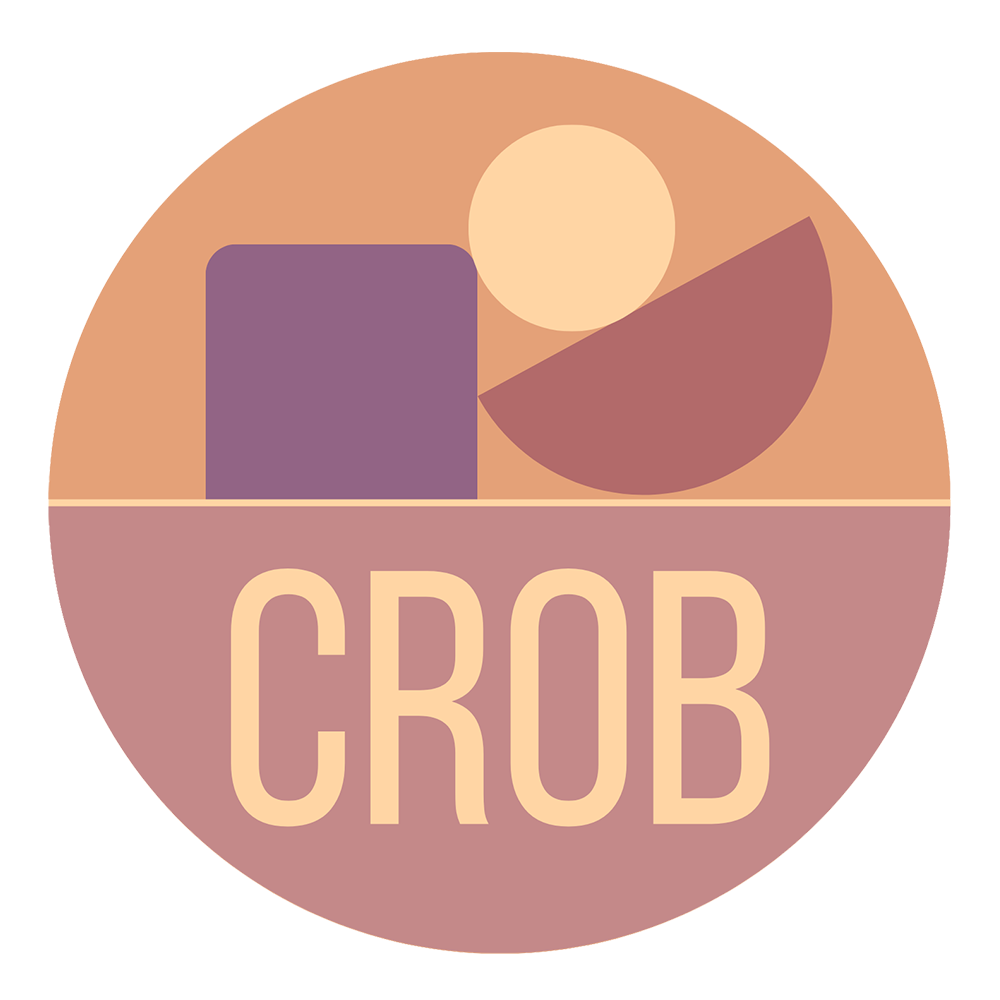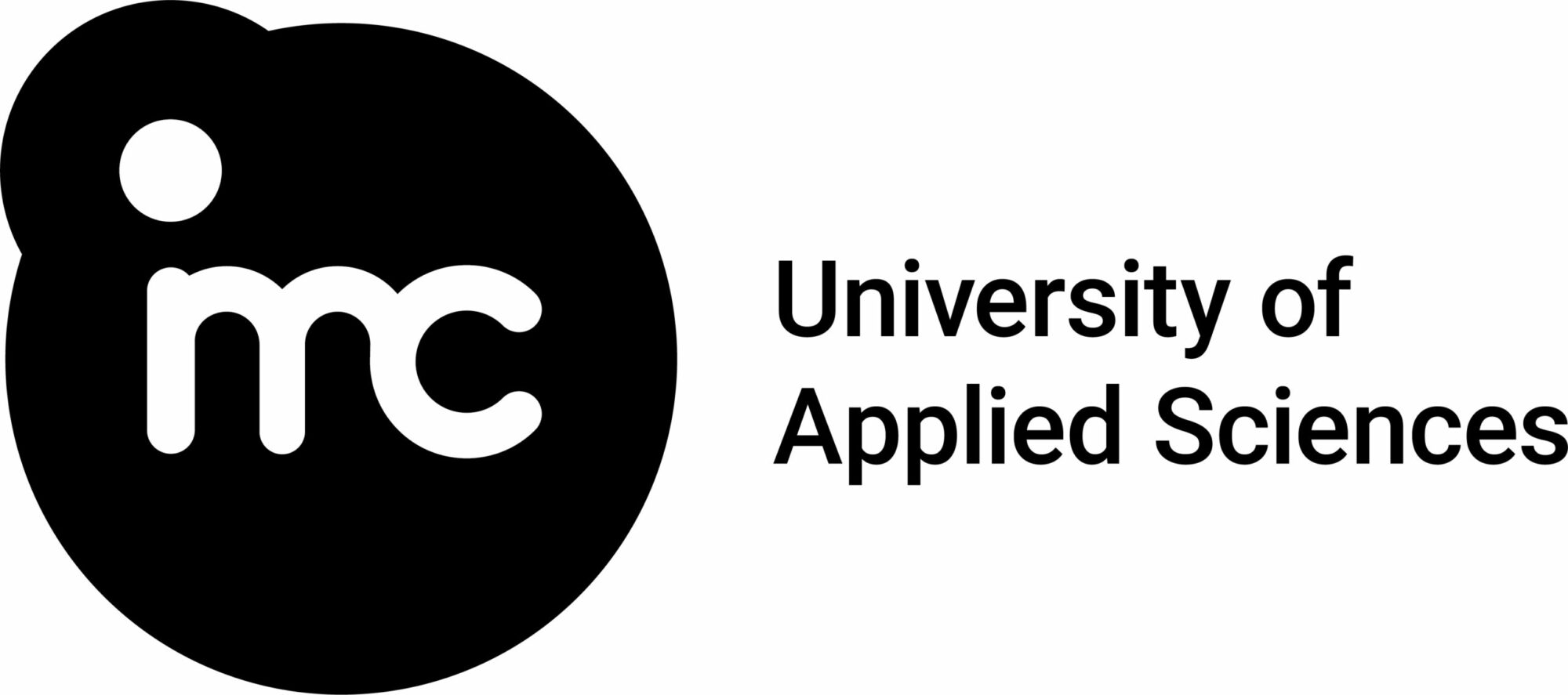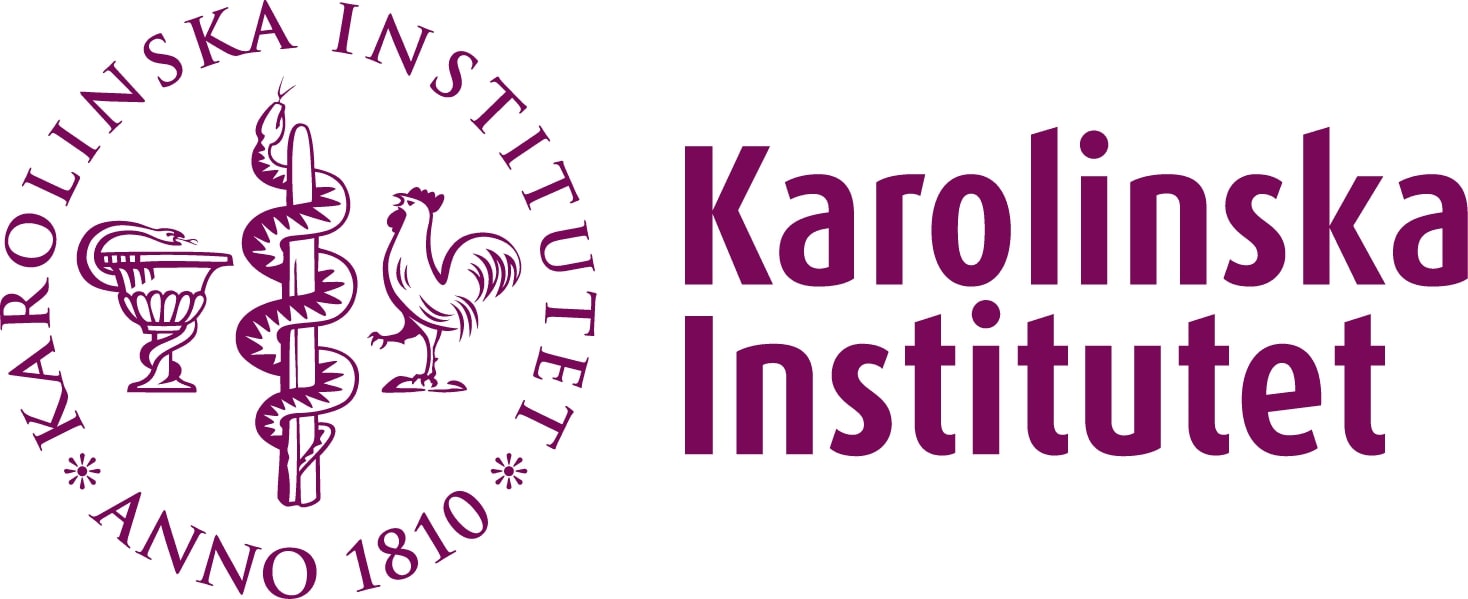— Projects —
Current Projects
Collaborative Research on Occupational Balance (CROB)
After a stroke, people often require temporary or ongoing care. The main part of care activities, such as preparing meals, is performed by family members or other close persons: Informal caregivers. This is accompanied by a change in the caregiver’s occupational repertoire, and subsequently their occupational balance – a satisfaction with their meaningful activities.
Occupational therapists support people to maintain, promote, or regain their occupational balance. Currently, there are view reports of occupational balance interventions and evidence is scarce. For occupational therapists, information on these interventions as well as their scientific basis are essential to choose an appropriate therapy.
Therefore, the goal of this project is to develop interventions for the promotion of occupational balance in collaborative research activities.
We are currently looking for informal carers of stroke patients to take part in our questionnaire. The questionnaire can be found here.

Read more
CROB stands for Collaborative Research on Occupational Balance. Within this project, occupational balance of informal caregivers of stroke patients in Austria and Sweden is explored.
Mixed-methods design including both qualitative research methods, such as semi structured interviews or focus groups, and quantitative research methods, such as an online survey, are used.
Associations of informal care with mental health as well as with social determinants will be examined. Regarding the future, the focus is on generating ideas for future interventions. Within the project one funding application each will be submitted at national level and at EU level.
One task of Duervation in this project is to validate the questionnaire Occupational Balance in Informal Caregivers (OBI-Care, Dür et al., 2021) for the use in informal caregivers of stroke-patients, and the publication of the results. Further activities include co-applying for funding and ethics submissions, leading co-creation workshops to develop the interventions as well as the participation in the construction of an international consortium for the follow-up projects.
This project is carried in cooperation with IMC Krems and Karolinska Institutet in Sweden. It is partly funded by the Gesellschaft für Forschungsförderung Niederösterreich (GFF).
Dür, M., Röschel, A., Oberleitner-Leeb, C., Herrmanns, V., Pichler-Stachl, E., Mattner, B., Pernter, S. D., Wald, M., Urlesberger, B., Kurz, H., Frischer, T., Zwiauer, K., & Berger, A. (2021). Development and validation of a self-reported questionnaire to assess occupational balance in parents of preterm infants. Plos One, 16(11).



Project type: Funded research project
Project managment: IMS Krems
Project partner: IMC Krems, Karolinska Institut
Duration: 2023 - 2026
Research Integrity
Guidelines for Good Scientific Practice at Duervation
All individuals involved in research activities at Duervation are required to adhere to the standards of good scientific practice.
Duervation aligns with the Guidelines for Good Scientific Practice of the Austrian Agency for Research Integrity (OeAWI). These guidelines define the principles of research integrity and provide clear definitions of good scientific practice as well as scientific misconduct.
Another pertinent document is the European Code of Conduct for Research Integrity, published by the ALLEA (All European Academies). This code of conduct is an integral part of the agreements for all EU research projects within the framework of the EU program Horizon Europe.
